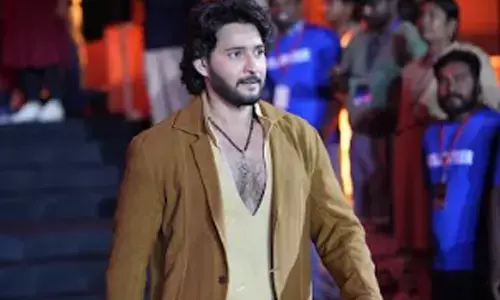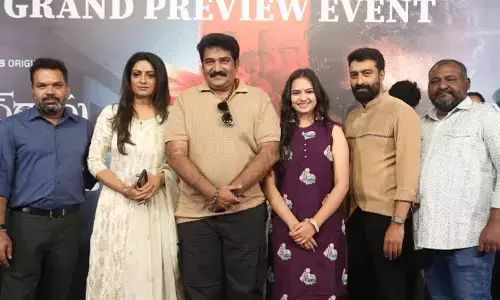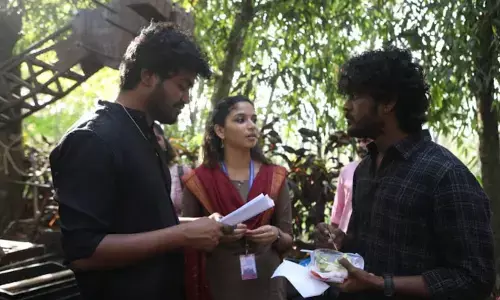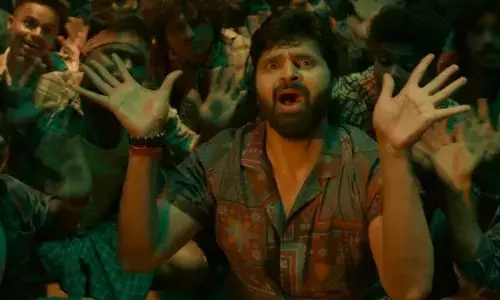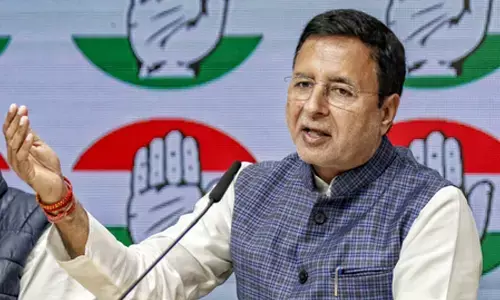Unique election system of India
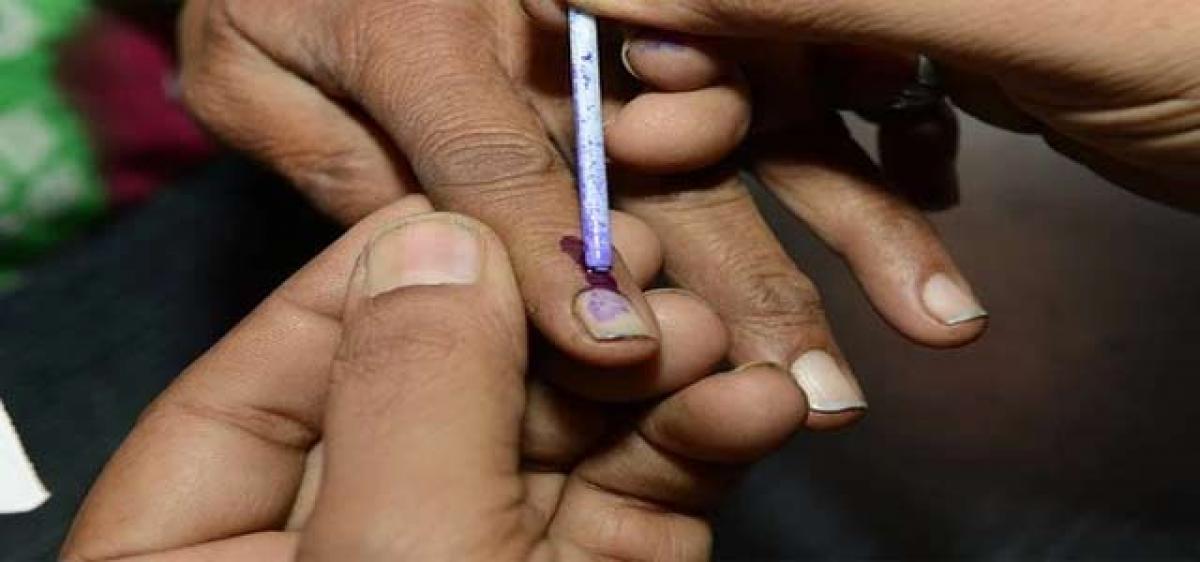
One nation one poll for a term of five years means that conducting simultaneous elections in India for a term of five years. It needs that holding simultaneous elections to entire India for the House of People (Lok Sabha) and all State Legislative Assemblies is a tedious task for the Election Commission of India.
One nation one poll for a term of five years means that conducting simultaneous elections in India for a term of five years. It needs that holding simultaneous elections to entire India for the House of People (Lok Sabha) and all State Legislative Assemblies is a tedious task for the Election Commission of India.
The Constitution of India clearly stated that “India that is Bharat, shall be a Union of States”. The people of India constituted that India is a democratic nation. The Democracy depends on the best choice of representatives and leaders. The public representatives are the real decision makers for legislation of the country.
Purity in the election process means that the fair and unbiased electoral process with greater citizen participation. It indicates that a fundamental to safeguarding the values of democracy. We need to strengthen the democracy and financial transparency in the functioning of the political parties and the superintendence, direction and control of elections through the Election Commission of India.
Maintaining the transparency of the electoral process however requires a multi-pronged methodology. We need to take away the influence of money power, muscle power & media Power in the election process.
Cycle of simultaneous elections to LS and all State LA:
First General Elections to House of People (Lok Sabha) and all State Legislative Assemblies were held simultaneously in 1951-52. That practice continued in three subsequent general elections held in the years- 1957, 1962 and 1967. The Eighth, Tenth, Fourteenth and Fifteenth Lok Sabha could complete their full five year terms.
Why election cycle disturbed in India:
The premature dissolution of some Legislative Assemblies in 1968 and 1969, the cycle got disrupted. In 1970, the Lok Sabha was itself dissolved prematurely and fresh elections were held in 1971. The term of the Fifth Lok Sabha was extended till 1977 under Article 352.
The Sixth, Seventh, Ninth, Eleventh, Twelfth and Thirteenth Lok Sabha was dissolved prematurely. As a result of premature dissolutions and extension of terms of both the Lok Sabha and various State Legislative Assemblies, for the last forty eight years there have been separate elections to Lok Sabha and States Legislative Assemblies and the cycle of simultaneous elections has been disturbed.
Need for holding simultaneous elections
The need for simultaneous election to Lok Sabha and Legislative Assemblies has been felt by the electorate as elections have become big budget affair and expensive and in most of the cases expenditures by the candidates are exceeding the ceiling fixed by the ECI.
The Law Commission of India has suggested simultaneous elections to Lok Sabha and State Legislative Assemblies for the sake of stability in governance.
The Election Commission:
The Election Commission is a constitutional body. The super intendence, direction and control of the preparation of the electoral rolls for, and the conduct of, all elections to Parliament and to the Legislature of every State and of elections to the offices of President and Vice-President.
The Parliament has enacted the Representation of People Act, 1950 and Representation of People Act, 1951 and the Rules framed there under, viz., Registration of Electors Rules, 1960 and Conduct of Election Rules, 1961.
In democratic polity, election is held at regular interval to choose legislators/rulers for a fixed tenure. In our country the task of holding free and fair election at regular interval is assigned to Election Commission of India (ECI) and State Election Commissions under Articles 324 and 243K of the Constitution.
The election to either Houses of Union Parliament and House or either Houses of State Legislature inter-alia is the main responsibility of the ECI, the election to local bodies (Panchayati Raj Institutions, Corporations/Municipalities, etc.) is vested with State Election Commission of the concerned State.
The ECI has introduced several measures to ensure free and fair elections viz introduction of Elector Photo Identity Card (EPIC), periodic revision of Electoral Rolls, tamper proof Electronic Voting Machines (EVMs), Voter-Verified Paper Audit Trail (VVPAT), multi-phase polls, etc.
Having regular election in a country of sub-continental dimensions and immense cultural diversities, by the ECI in free and fair manner is a daunting task, which that body has been discharging without avoidable delay.
Recent general elections
The current disposition of the Election Commission holds multiple elections every year. Most recently General Elections to the Legislative Assemblies in 2016 were held for Kerala, Assam, Puducherry, Tamil Nadu and West Bengal.
Elections to the Legislative Assembly of Jharkhand were held in November- December 2014.
Elections to the Assemblies of Maharashtra and Haryana were held in September-October, 2014.
The Lok Sabha and four State Legislative Assemblies elections were held in March-May 2014 to Andhra Pradesh, Odisha, Arunachal Pradesh and Sikkim.
Reasons a unique elections to whole India for the term of five years:
Firstly it would reduce the massive expenditure incurred for conduct of separate elections every year. Presently, the cost of holding elections for Lok Sabha and Legislative Assemblies of States and UTs has been pegged at `4500 crore.
Secondly, elections lead to imposition of Model Code of Conduct (MCC) in the poll bound State/ area. The imposition of MCC puts on hold the entire development programme and activities of the Union and State Governments in the poll bound State. It even affects the normal governance. Frequent elections lead to imposition of MCC over prolonged periods of time.
This often leads to policy paralysis and governance deficit. Thirdly, frequent elections lead to disruption of normal public life and impact the functioning of essential services. Holding of political rallies disrupts road traffic and also leads to noise pollution. If simultaneous elections are held, this period of disruption would be limited to a certain pre-determined period of time.
Lastly, the crucial manpower which is often deployed for prolonged periods on election duties. For example, the 2014 Lok Sabha elections which were held along with State Assembly Elections in Odisha, Andhra Pradesh, Sikkim and Arunachal Pradesh was spread over nine phases and 1077 in situ companies and 1349 mobile companies of Central Armed Police Force (CAPF) were deployed.
The Representation of the People Act, 1951
The RP Act provides that the conduct of elections of the Houses of Parliament and to the House or Houses of the Legislature of each State, the qualifications and disqualifications for membership of those Houses, the corrupt practices and other offences at or in connection with such elections and the decision of doubts and disputes arising out of or in connection with such elections.
The Act described the constituency means that the a Parliamentary constituency, an Assembly constituency, a Council constituency, a local authorities' constituency, a graduates' constituency and a teachers' constituency shall each be treated as a constituency of a different class.
Right to vote:
(1) No person who is not, and except as expressly provided by this Act, every person who is, for the time being entered in the electoral roll of by any constituency shall be entitled to vote in that constituency.
(2) No person shall vote at an election in any constituency if he is subject to any of the disqualifications referred to in section 16 of the Representation of the People Act, 1950 (43 of 1950).
(3) No person shall vote at a general election in more than one constituency of the same class, and if a person votes in more than one such constituency, his votes in all such constituencies shall be void.
(4) No person shall at any election vote in the same constituency more than once, notwithstanding that his name may have been registered in the electoral roll for that constituency more than once, and if he does so vote, all his votes in that constituency shall be void.
By: T Anand
The writer is Director Sadguru IAS Academy




